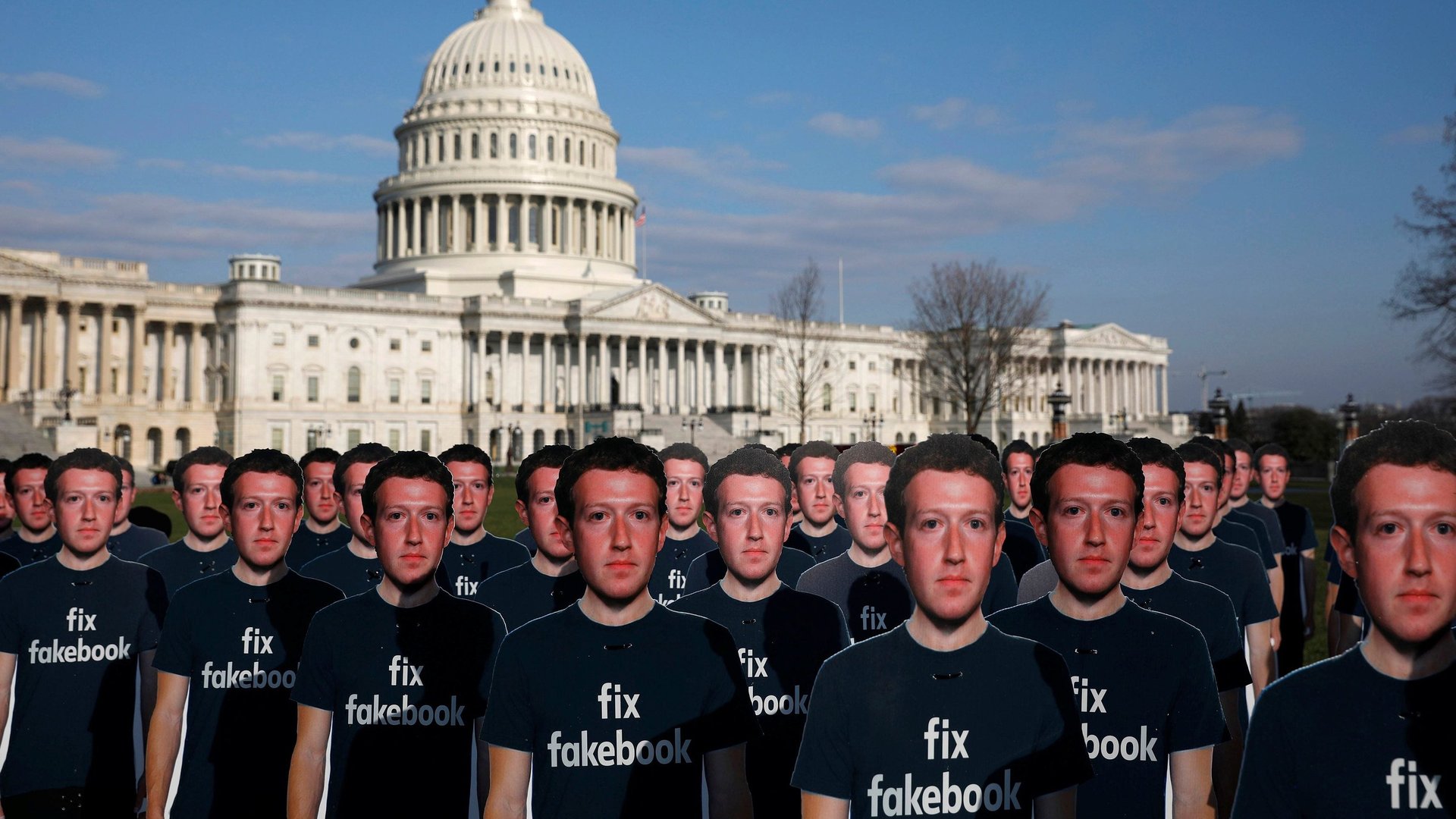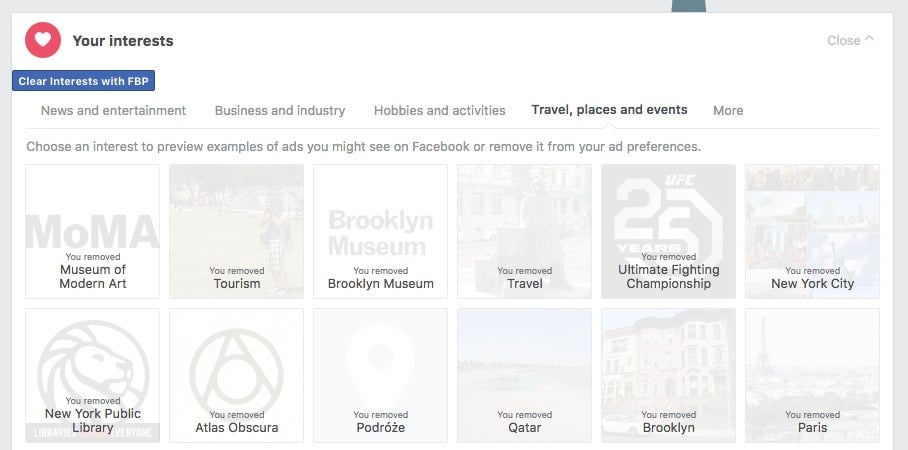If you want Facebook to stop targeting you for ads, follow these instructions
Much of the controversy surrounding Facebook comes from to the company’s ability to very precisely target its users for the purpose of serving ads. Users often find the ads creepy and intrusive, even wondering if Facebook is listening to their phone conversations because they’re so accurate.


Much of the controversy surrounding Facebook comes from to the company’s ability to very precisely target its users for the purpose of serving ads. Users often find the ads creepy and intrusive, even wondering if Facebook is listening to their phone conversations because they’re so accurate.
Citizens Against Monopoly, a group under advocacy organization The Open Markets Institute, wants to make it easier for users to opt out of the targeting. On May 9, it launched a campaign dubbed “I’m not your product,” that includes detailed, step-by-step instructions on how to clear a lot of the data points Facebook has on each user and make its targeting work. There are 11 steps and one recommendation. The group also put out a petition calling for Facebook to allow users to opt out of targeting with one click.

A common argument among Facebook detractors and observers is that the platform’s users are effectively laborers for the company, doing for free the work that provides the underpinning of Facebook’s ad business. Users are products, the argument goes, that the company sells to advertisers.
Facebook, on the other hand, has argued that advertising is what makes the platform free. The company says the targeting allows for a better user experience, showing users ads that are more relevant to their lives.
The Citizens Against Monopoly campaign outlines the steps users have to take to have Facebook’s systems forget what pages, brands, and advertisements they interacted with in the past, as well as some personal information. Installing an existing browser extension called fbpurity will make the process faster.
Following the Cambridge Analytica scandal, in which the data of 87 million users was harvested without their consent, Facebook has made the process of opting out of targeting easier, but it still takes a number of steps. Last week, CEO Mark Zuckerberg announced a “Clear History” function similar to clearing your cookies in your web browser, which will ostensibly function like what the new campaign recommends. But a spokesperson for the group said Facebook has not rolled out the feature yet, nor is it clear how exactly it will operate or when it will become available.